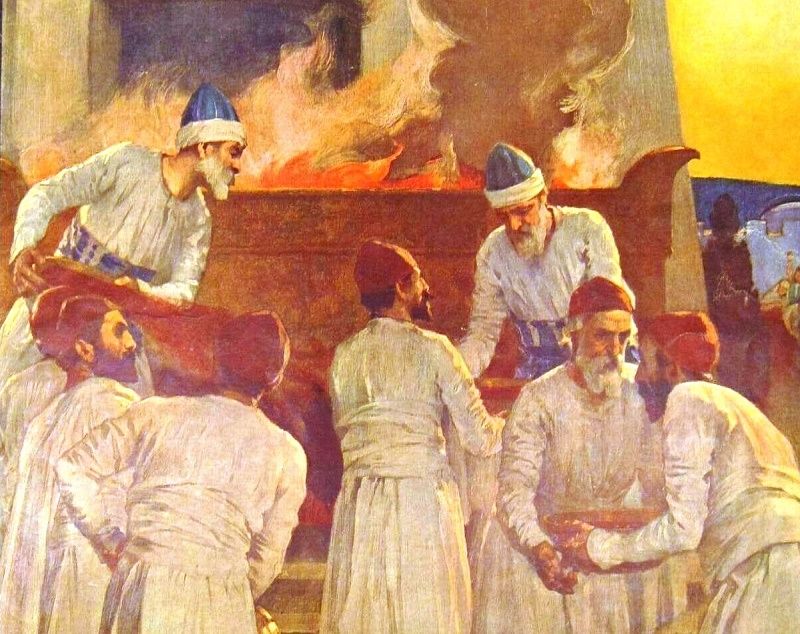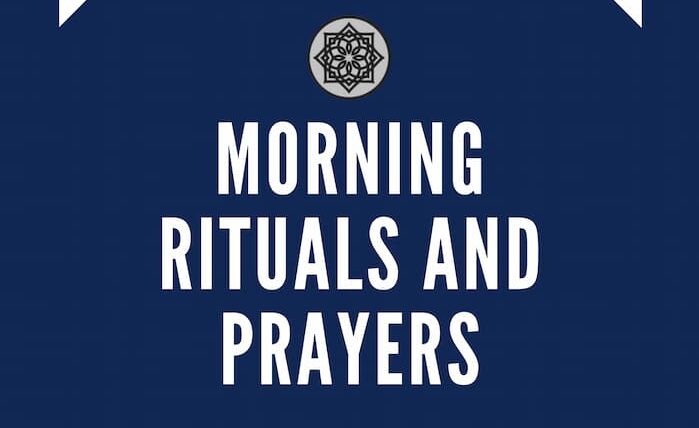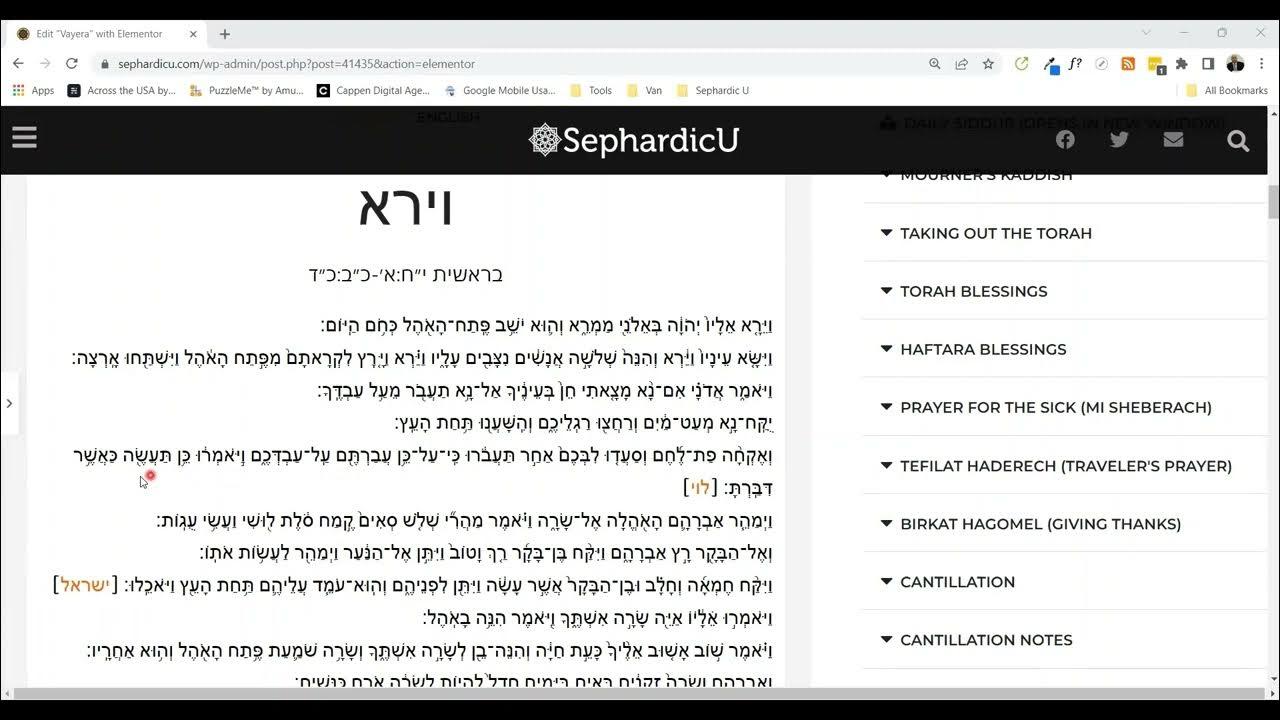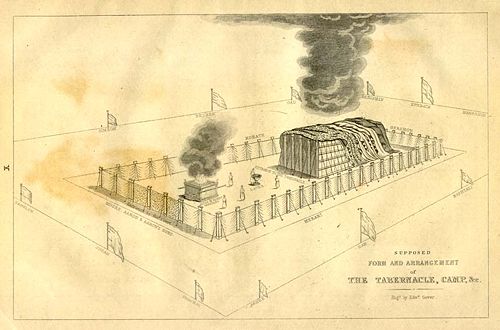| Aspect | Description |
|---|---|
| Parasha Number | The 35th Parasha in the Torah and the 2nd in the Book of Numbers (Bemidbar). |
| Parasha Name | Naso (נָשֹׂא), meaning “Take a census” in Hebrew, referring to the directive to count the Levites in this portion. |
| Torah Book | Numbers (Bemidbar). |
| Number of Verses | Comprises 176 verses. |
| Number of Words | Approximately 2,264 words in the Hebrew text. |
| Primary Characters | Key figures include Moses, Aaron, the Levites, and the leaders of the Israelite tribes. |
| Key Themes | Focuses on the census of the Levites, laws concerning the Nazirite vow, the ritual of the Sotah, and the priestly blessing, emphasizing purity, dedication, and blessings. |
| Significant Events | Includes the census of the Levites, the instructions for the Nazirite vow, the trial of the unfaithful wife (Sotah), and the bestowal of the priestly blessing. |
| Notable Quotes | “The Lord bless you and keep you; the Lord make His face shine on you and be gracious to you; the Lord turn His face toward you and give you peace.” (Numbers 6:24-26) |
| Legacy | Parashat Naso highlights the significance of purity, dedication to God, and the blessings bestowed upon the Israelites, reinforcing themes of spiritual commitment and communal harmony. |
| Relevance Today | The themes of purity, dedication, and blessings are relevant in contemporary Jewish practice, guiding personal and communal life through rituals and prayers. |
| Well-Known Stories | Include the Nazirite vow and the priestly blessing, which are significant in Jewish tradition and practice, illustrating dedication and divine favor. |
| Special Observances | Read in synagogues during the week following Shavuot, often highlighting themes of dedication and purity as the community reflects on the giving of the Torah. |
| Connections to Texts | Naso builds upon the organizational themes in Bemidbar and introduces additional laws and blessings, reinforcing the structure and sanctity of the Israelite community. |
| Theological Significance | Emphasizes the importance of purity, dedication to God, and the communal aspect of blessings, reinforcing the spiritual commitment and unity of the Israelite nation. |
Parashat Naso, the 35th portion in the Torah and the 2nd in the Book of Numbers (Bemidbar), derives its name from the Hebrew word “Naso,” meaning “Take a census.” This portion focuses on the census of the Levites, laws concerning the Nazirite vow, the ritual of the Sotah, and the priestly blessing, highlighting themes of purity, dedication, and blessings.
Throughout Parashat Naso, God commands Moses to take a census of the Levites, emphasizing the importance of their unique role and responsibilities within the community. This portion also introduces the laws of the Nazirite vow, where individuals voluntarily dedicate themselves to God through abstinence and specific rituals, illustrating deep personal commitment.
A notable highlight of Parashat Naso is the ritual of the Sotah, a trial for a wife suspected of infidelity, reflecting the Torah’s concern with marital faithfulness and community purity. Additionally, the portion concludes with the priestly blessing, a powerful invocation of divine favor and protection over the Israelites, which is still recited in Jewish liturgy today.
Parashat Naso underscores the significance of purity, dedication to God, and the blessings bestowed upon the community. It highlights the importance of maintaining personal and communal sanctity and the profound impact of divine blessings on the people’s well-being.
Moreover, Parashat Naso emphasizes the need for spiritual commitment and readiness as the Israelites continue their journey. It serves as a powerful reminder of the importance of dedication, purity, and the pursuit of divine favor in achieving their spiritual and communal goals.
In addition to its focus on the census and the priestly blessing, Parashat Naso reinforces the themes of unity and spiritual purpose within the Israelite nation. It calls upon the community to recognize and fulfill their individual and collective roles, ensuring the smooth functioning of the camp and their journey towards the Promised Land.
Overall, Parashat Naso serves as a profound guide for spiritual dedication and communal harmony, highlighting the critical role of purity, commitment, and blessings in securing communal well-being and divine favor. It continues to inspire Jewish communities today in their pursuit of a life characterized by spiritual commitment, purity, and adherence to divine commandments.
נשא
במדבר ד׳:כ״א-ז׳:פ״ט
Naso
Numbers 4:21-7:89
שופטים
י״ג:ב׳-כ״ה
Judges
13:2-25
Naso
more on Parashat Parashat Naso: Priestly Blessing
Quick Guide: The Five Books of Moses
| Genesis | Exodus | Leviticus | Numbers | Deuteronomy |
|---|---|---|---|---|
| Bereshit (1:1-6:8) |
Shemot (1:1-6:1) |
Vayikra (1:1-5:26) |
Bemidbar (1:1-4:20) |
Devarim (1:1-3:22) |
| Noach (6:9-11:32) |
Va'era (6:2-9:35) |
Tzav (6:1-8:36) |
Naso (4:21-7:89) |
Va'etchanan (3:23-7:11) |
| Lech Lecha (12:1-17:27) |
Bo (10:1-13:16) |
Shemini (9:1-11:47) |
Behaalotecha (8:1-12:16) |
Ekev (7:12-11:25) |
| Vayera (18:1-22:24) |
Beshalach (13:17-17:16) |
Tazria (12:1-13:59) |
Shelach (13:1-15:41) |
Re'eh (11:26-16:17) |
| Chaye Sarah (23:1-25:18) |
Yitro (18:1-20:23) |
Metzora (14:1-15:33) |
Korach (16:1-18:32) |
Shoftim (16:18-21:9) |
| Toledot (25:19-28:9) |
Mishpatim (21:1-24:18) |
Achare Mot (16:1-18:30) |
Chukat (19:1-22:1) |
Ki Tetze (21:10-25:19) |
| Vayetze (28:10-32:3) |
Terumah (25:1-27:19) |
Kedoshim (19:1-20:27) |
Balak (22:2-25:9) |
Ki Tavo (26:1-29:8) |
| Vayishlach (32:4-36:43) |
Tetzaveh (27:20-30:10) |
Emor (21:1-24:23) |
Pinchas (25:10-30:1) |
Nitzavim (29:9-30:20) |
| Vayeshev (37:1-40:23) |
Ki Tisa (30:11-34:35) |
Behar (25:1-26:2) |
Matot (30:2-32:42) |
Vayelech (31:1-30) |
| Miketz (41:1-44:17) | Vayakhel (35:1-38:20) |
Bechukotai (26:3-27:34) |
Masei (33:1-36:13) |
Haazinu (32:1-52) |
| Vayigash (44:18-47:27) |
Pekude (38:21-40:38) |
V'Zot HaBeracha (33:1-34:12) |
||
| Vayechi (47:28-50:26) |










